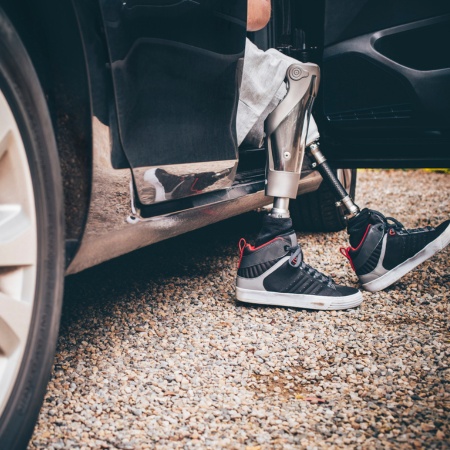As a care needs assessor, I often hear the sentiment that, “My loved one has been progressing but now they are being penalised. Everything is being taken away!”. This is often in context of the person to person support their loved one has been receiving.
When an individual is progressing and demonstrating improvements in the function after an injury, reducing attendant care support might seem like a step backward. It is often a concern for many family members and individuals alike that it signals a withdrawal of assistance or a lack of support for their particular situation. However, in reality, reducing attendant care is often an essential part of fostering independence, promoting skill development and supporting long-term well-being.
It can be helpful to understanding the reasoning for the reduction. Here is why this approach is beneficial rather than detrimental:
1. Encouraging independence and self-efficacy
One of the primary goals of rehabilitation and therapy is to help individuals regain as much independence as possible. If an individual is showing progress in their functional abilities, maintaining high levels of support may inadvertently limit their potential for further improvement. By gradually reducing attendant care, individuals are provided with the opportunity to test and apply their skills in real-life situations, reinforcing their confidence and self-efficacy.
2. Preventing learned helplessness
Over-reliance on attendant care can lead to learned helplessness, where individuals become dependent on support even when they are capable of performing tasks independently. This psychological barrier can hinder further progress and reduce motivation to engage in meaningful activities. By systematically reducing support, individuals may be able to reengage with problem-solving and decision-making, which are crucial for long-term functional success.
3. Supporting a client-centred approach
Occupational therapy and rehabilitation are built on the principles of client-centred care. This means focusing on the individual’s goals, abilities and personal preferences. For many, gaining back autonomy is a key objective. Scaling back attendant care allows for a gradual transition where the individual is empowered to take on more responsibility in their daily activities, aligned with their recovery journey.
4. Enhancing long-term quality of life
Independence and autonomy contribute significantly to an individual’s overall well-being and quality of life. By reducing unnecessary support, an individual can experience greater participation in meaningful activities, social interactions and community involvement. These elements are crucial for maintaining mental health, self-worth and a sense of purpose.
5. Implementing a gradual and monitored transition
It is essential to note that reducing attendant care should be a gradual and closely monitored process. It requires collaboration between the individual, health and care providers, family and any third party stakeholder e.g. insurer, to ensure that adjustments are appropriate and supportive rather than abrupt or overwhelming. Regular reassessments and open communication can help ensure that the transition is successful and that the individual feels empowered rather than abandoned.
Conclusion
Reducing attendant care support for individuals whose function is improving should not necessarily be interpreted as a negative action but rather a positive step toward independence, empowerment and long-term well-being. By shifting the focus from dependence to self-sufficiency, we can assist individuals achieve their full potential and enjoy a higher quality of life. The key lies in thoughtful, client-centred planning that ensures a balance between necessary support and the promotion of autonomy.



